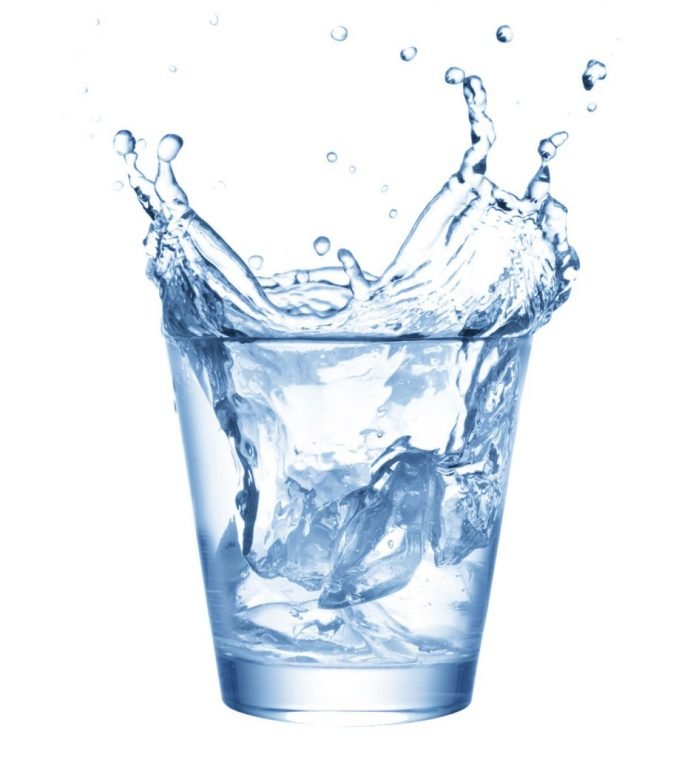Summer heat is currently taking Bahrain, with temperatures averaging 48°C. As the combination of intense heat and high humidity makes this season uncomfortable, we can all agree that it’s making us thirsty and sweat more. We do not want to get dehydrated and we need to take this seriously. Why so?
There is more to dehydration than the sensation of thirst. Dehydration can be serious condition that can lead to problems ranging from swollen feet or a headache to life threatening illnesses such as heat stroke. Here in Bahrain, heat stress is a major concern related to occupational health. In fact, Hydration Survey done last 2016 in an industrial company in this country showed that 56% of workers were dehydrated at the beginning of their shifts. Employees were then encouraged to drink water at the beginning of their shift and during work hours. It significantly helped to reduce the number of heat exhaustion cases.
Water is undeniably an essential nutrient. Up to 60% of the human adult body is water. The brain and the heart are composed of 73% water, and the lungs are about 83% water. Thus, drinking fluids is crucial to staying healthy and maintaining the function of every system in our body, which includes the heart, brain and muscles. Fluids carry nutrients to the cells, flush bacteria from the bladder, and prevent constipation.
Water remains the best thing to stay hydrated. Sources also include fruits and vegetables which contain a high percentage of water. Sports drink with electrolytes may also be useful for exercising individuals, though they tend to be high in sugar and calories-same with fruit juices or sugary drinks, such as soda. Caffeine-containing drinks such as coffee and tea act as a diuretic and cause you to lose more fluids.
30 to 50 ounces of water per day (about 1 to 1.5 liters) for a healthy person is enough to prevent dehydration. It’s important to stay hydrated gradually, throughout the day. Certain medical conditions may require less or more fluids, so it’s best to consult your doctor or dietitian for specific recommendation

